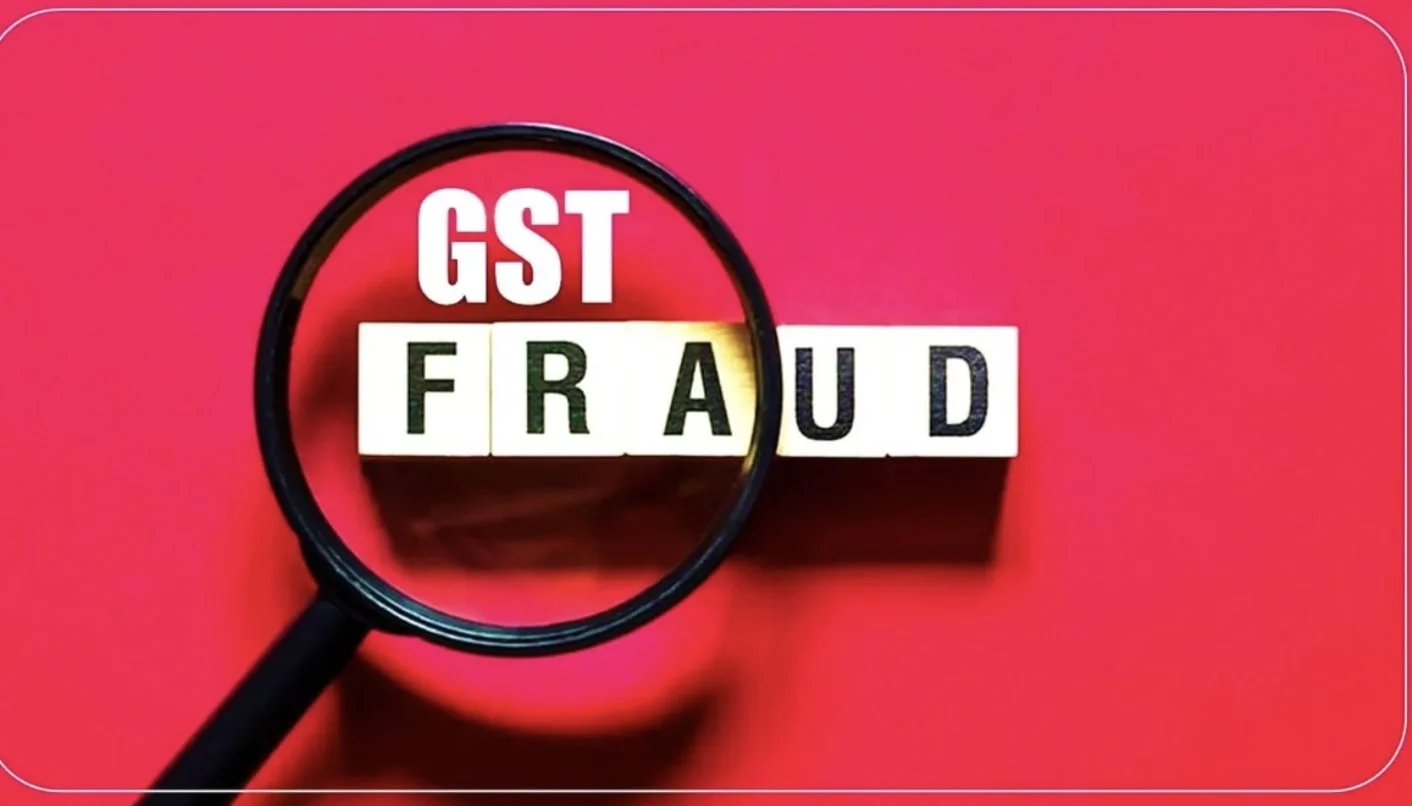The Uttar Pradesh State Tax Department has exposed a network of fictitious firms allegedly responsible for evading ₹1.67 crore in Goods and Services Tax (GST). The scheme, officials say, was built on forged e-way bills, falsified trade records, and company registrations tied to addresses where no real businesses existed.
Empty Buildings, Phantom Companies
The operation came to light after tax officers traced several firms registered at a cluster of vacant buildings in Lisari Gate’s Eidgah Colony. Though the properties had stood unoccupied for months, paperwork indicated that they were the sites of bustling businesses dealing in metals, cement, and construction materials.
Final Call: Be DPDP Act Ready with FCRF’s Certified Data Protection Officer Program
Abhinav Srivastava, a senior tax officer leading the inquiry, revealed that the fraudulent entities were managed through eight mobile connections, all registered under a single woman’s name. Seven of those numbers had already been deactivated, raising suspicions of deliberate concealment.
According to the investigation, these companies reported transactions worth ₹4.97 crore in the 2024–25 financial year, yet no physical goods or business operations were discovered on site. Among the firms implicated was “SMS Enterprises,” which, along with other shell units, allegedly issued false e-way bills to create the illusion of trade.
The Scale of Evasion
The department’s report suggests that the collective fraudulent trade across these entities amounted to ₹8.62 crore, of which ₹1.67 crore was identified as direct GST loss to the exchequer. Officials have since begun proceedings to freeze the entities, cross-checking data from government portals, and investigating the individuals behind the registration of phone numbers and business documents.
Tax authorities have emphasized that the case highlights the growing use of digital loopholes to generate fictitious transactions. The manipulation of e-way bills, a digital system intended to track goods movement, has emerged as a recurring method in GST evasion cases across India.
Expert Concerns
Commenting on the broader implications, financial crime expert and former IPS officer Professor Triveni Singh noted that shell companies not only drain government revenue but also strengthen organized criminal networks. “Countering such fraud requires stronger integration of data analytics, artificial intelligence tools, and coordinated agency efforts,” Singh said.
The case underscores both the adaptability of tax fraudsters and the persistent challenges faced by enforcement agencies in an economy increasingly dependent on digital compliance mechanisms.



